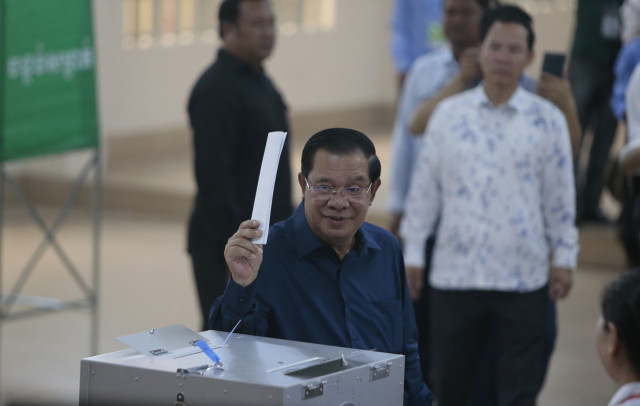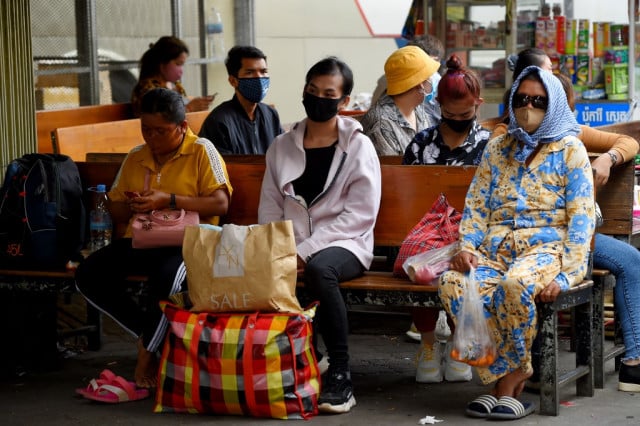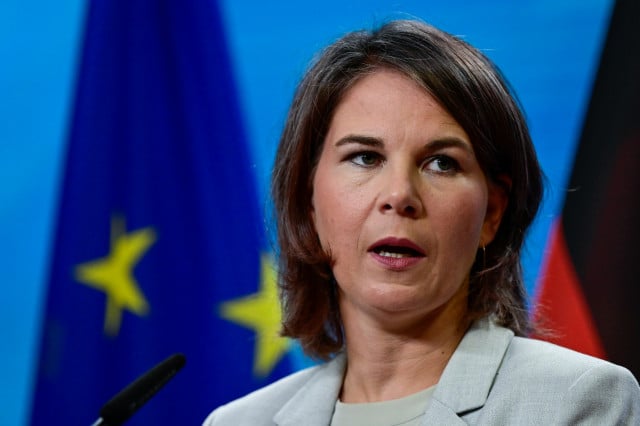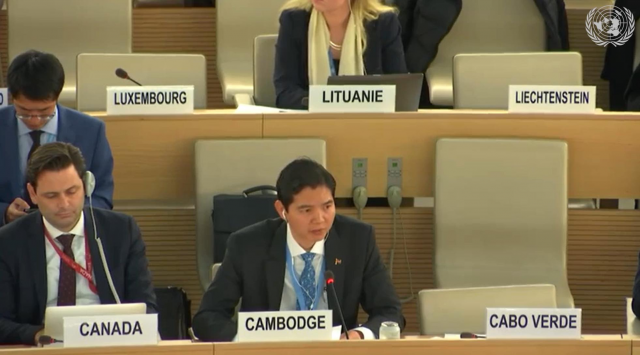Reactions Expose Clear East-West Divisions Following Cambodian Polls

- By Phoung Vantha
- July 25, 2023 4:14 PM
PHNOM PENH – Western nations have strongly criticized Cambodia’s 7th general election, pointing it fell short of democratic standards but China and Russia addressed their congratulations to the country.
In a statement released on July 24, the Cambodian Ministry of Foreign Affairs and International Cooperation said it noted “the multitude of comments surrounding Cambodia’s general election” and highlighted that the 84 percent voters’ turnout was a “clear demonstration of the vibrancy of the Kingdom’s democracy” as it surpassed “the previous four national polls since 2003.”
But beyond the level of participation, Western countries said they deplored the context in which the elections took place. They pointed out the shrinking of the civil space and the fact the Candlelight Party, the country’s main opponent to Hun Sen’s Cambodian People’s Party, was barred from running for the election.
“We regret that these elections excluded important sectors of the opposition, due to criminal convictions of political leaders and the disqualification of the main opposition party, the Candlelight Party, which was not allowed to register to take part in the vote,” the EU said in a July 24 statement, adding that “civil society and the media were unable to function effectively without hindrance.”
The same day, Australian Ambassador to Cambodia Justin Whyatt expressed “serious concerns […] about Cambodia’s democratic trajectory,” saying the context in which the elections were held “undermined the ability of all Cambodians to be informed, to express their views freely and to have a genuine choice in how they are governed.”
While the UK Foreign Office said it viewed this election “as a missed opportunity to strengthen Cambodia’s democracy,” the French Ministry for Europe and Foreign Affairs expressed regrets over the disqualification of the Candlelight Party, which undermined “the pluralist nature of the ballot.”
“We call for the release of the detained opposition members, and urge the Cambodian authorities to respect the fundamental rights necessary for the restoration of democracy, in accordance with the provisions of the 1991 Paris Agreements and the Cambodian Constitution,” France’s statement said.
As for Germany, the country’s Foreign Office declared it was “deeply disappointed by the verdict against Kem Sokha earlier this year on charges related to his political activities, as well as by criminal charges and convictions brought against other members of the opposition.”
“Excessive restrictions on the right of all citizens to stand for elections and the closure of the media outlet ‘Voice of Democracy’ have further curtailed civic and political space ahead of the vote,” the country’s statement added.
Kem Sokha, the co-founder of the court-dissolved Cambodian National Rescue Party (CNRP), was convinced to 27 years in jail in March 2023. He is currently serving his sentence in home detention.
“We encourage the newly elected members of parliament and the next Cambodian government to fully reinstate conditions for multi-party democracy and respect for human rights, as guaranteed by Cambodia’s constitution and in line with Cambodia’s commitments under the Paris Peace Agreements,” Germany’s press release stated.
Beijing and Moscow to the rescue
But Cambodia could count on closer political allies. In a personal letter, Chinese President Xi Jinping addressed on his “own name,” his “warm congratulations to Samdech President and the Central Committee of CPP.”
“It has been a great pleasure to witness that under the wise leadership of the Cambodian Royal Government headed by Samdech President, Cambodia has achieved political stability, economic development, rising living standards and growing international and regional stature.”
“China will continue to support Cambodia in pursuing a development path that suits its national conditions,” Xi said.
Chinese Foreign Ministry Spokesperson Mao Ning said China wished Cambodia success in forming a new National Assembly and government.
“We believe Cambodia will make even greater achievements in its national development and bring more benefits to its people,” she said.
The Embassy of Russia in Cambodia said “officials of the Russian diplomatic mission observed the voting and visited the polling stations in Phnom Penh and Kandal,” adding that the “elections were held in a peaceful manner.”
On July 24, Russian Ambassador to Cambodia Anatoly Borovik sent his “congratulations to Cambodia’s democracy” and welcomed the “free and independent elections.”
As of July 25 in the afternoon, more than 48 hours after the polls closed, Hanoi still hasn’t publicly sent any message to the Cambodian government.
Following these multiple reactions, Cambodia’s Foreign Ministry recalled that Cambodia’s “sovereign right to self-determination shall be respected by all external actors.”
It said voting had been witnessed by 422 international observers, representing 65 nationalities from 61 institutions, encompassing international organizations, foreign governments, diplomatic circles and Cambodian diaspora communities.
“The electoral proceeding was closely monitored by nearly 60,000 political parties’ agents and 90,000 independent national observers, collectively attesting to the fairness and transparency of the process,” it said.
According to the National Election Committee, there were 23,789 polling stations across the country.















